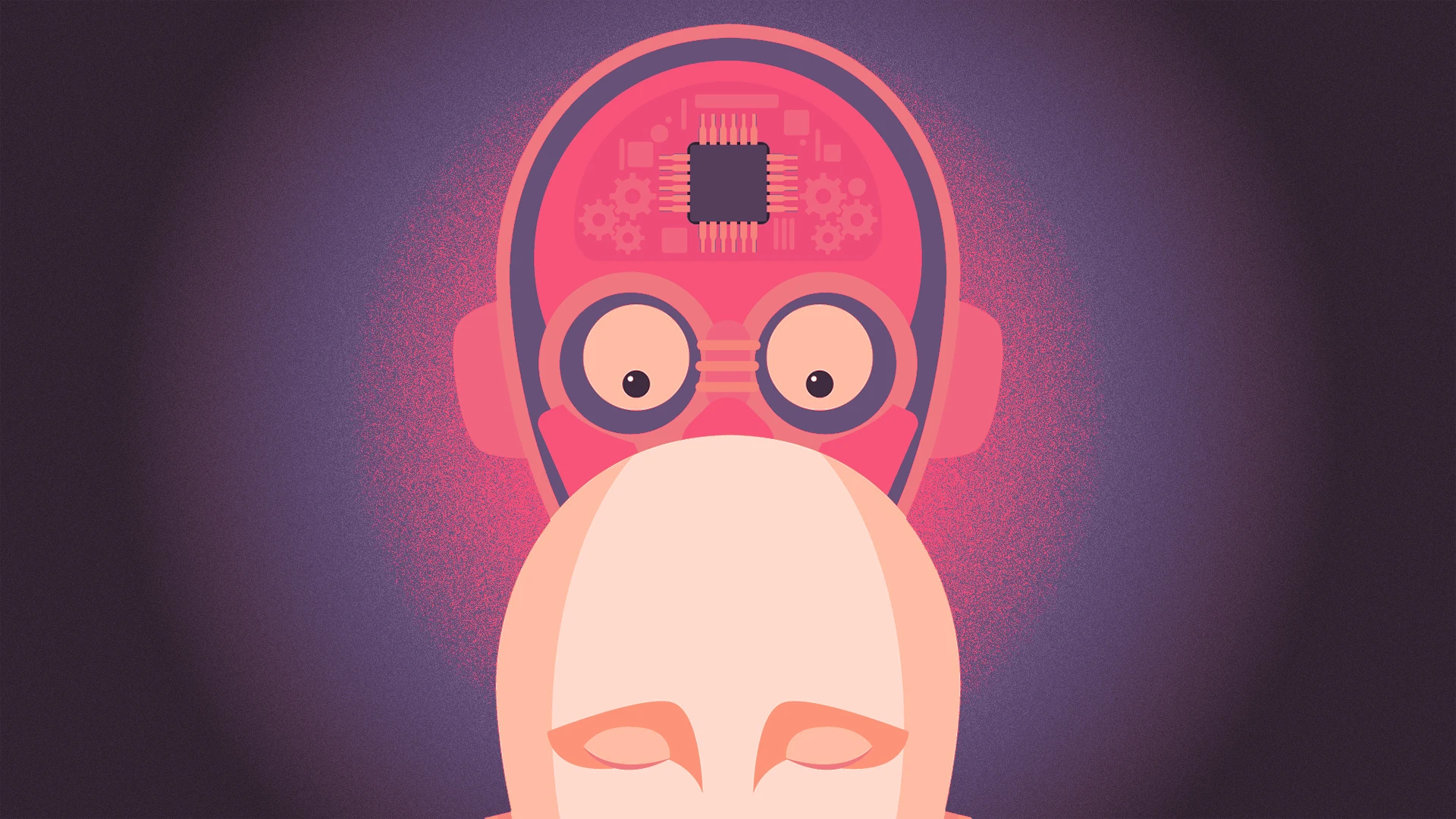
"AI products can now be used to support people's decisions. But even when AI's role in doing that type of work is small, you can't be sure whether the professional drove the process or merely wrote a few prompts to do the job. What dissolves in this situation is accountability-the sense that institutions and individuals can answer for what they certify. And this comes at a time when public trust in civic institutions is already fraying."
"I see education as the proving ground for a new challenge: learning to work with AI while preserving the integrity and visibility of human thinking. Crack the problem here, and a blueprint could emerge for other fields where trust depends on knowing that decisions still come from people. In my own classes, we're testing an authorship protocol to ensure student writing stays connected to their thinking, even with AI in the loop."
"The core exchange between teacher and student is under strain. A recent MIT study found that students using large language models to help with essays felt less ownership of their work and did worse on key writing-related measures. Students still want to learn, but many feel defeated. They may ask: "Why think through it myself when AI can just tell me?" Teachers worry their feedback no longer lands."
The latest AI models produce polished text with fewer errors and hallucinations, risking concealment of whether humans did the thinking. In classrooms, polished essays can hollow grades and diplomas by masking student authorship. In professions such as law, medicine, and journalism, trust depends on visible human judgment; AI assistance can blur who made decisions and erode accountability. Education serves as a proving ground to learn collaboration with AI while preserving visible human thinking. Early evidence shows AI use lessens student ownership and performance on writing measures, prompting experiments with authorship protocols to maintain integrity.
Read at Fast Company
Unable to calculate read time
Collection
[
|
...
]